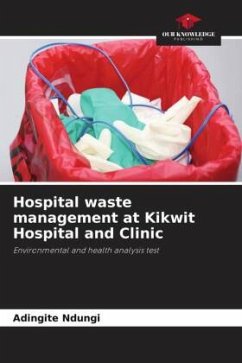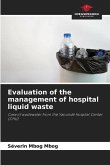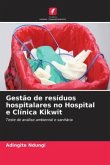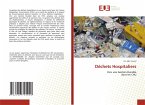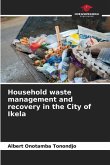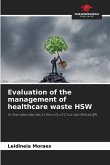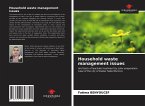Waste management is a highly topical issue. It is the subject of numerous scientific debates and publications around the world, but it is also a subject of everyday life in an urban environment. Here, we are confronted with waste management in the home, as well as in the workplace, symbolised by the mountains of open rubbish in wastelands and certain public squares. Poor waste management leads to pollution of the natural environment and nuisance. In general, hospitals should be clean and hygienic. These two essential characteristics of the hospital can be compromised by the waste produced by medical staff during their work in the consulting room, wards, laboratory, maternity ward, etc. Poor management of this waste poses risks to human health. It is therefore in our interest to treat it appropriately in terms of handling, packaging, storage and disposal, in the light of the legislation to which nursing staff must refer.
Bitte wählen Sie Ihr Anliegen aus.
Rechnungen
Retourenschein anfordern
Bestellstatus
Storno

